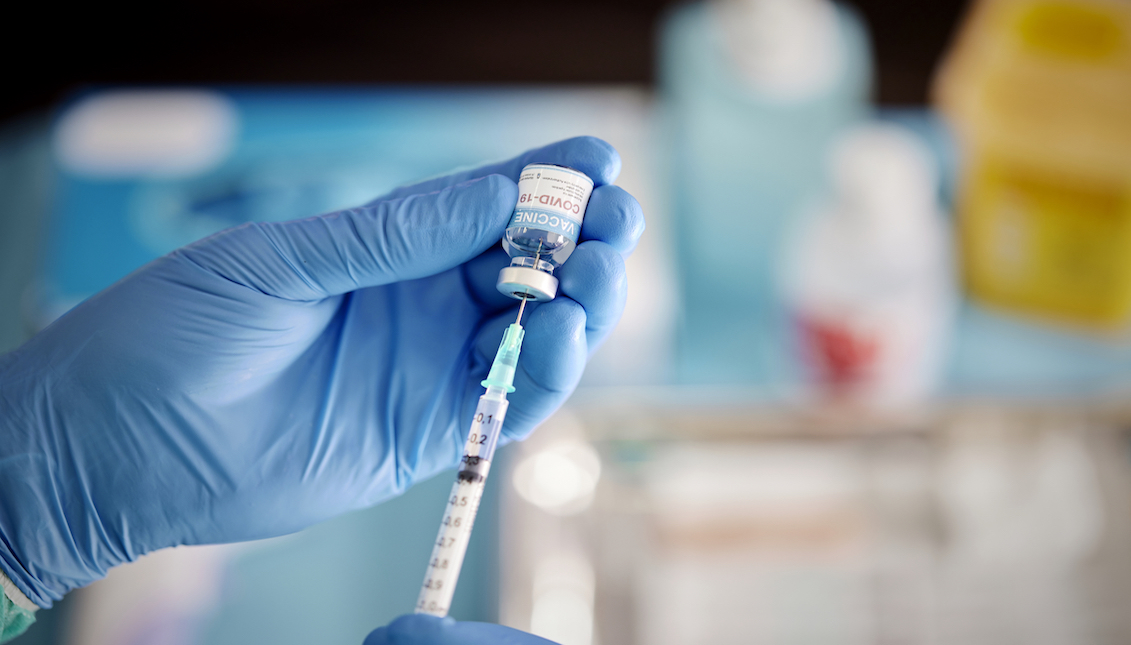
First trial for Pfizer booster shots administered in California amid Delta fears and confusion
Early rounds of trial booster shots of Pfizer’s COVID-19 vaccine have been administered at UC Davis Health in Sacramento, California.
UC Davis Health in Sacramento, California, has begun trial runs for a booster shot of the Pfizer COVID-19 vaccination. The trial will test the effectiveness of the shot against variants of the coronavirus.
The trial is being announced as the Delta variant continues to surge across the world, raising alarm and some confusion as it spreads.
This trial will be somewhat of a follow-up. Last year, UC Davis administered 225 shots of the first Pfizer vaccine and recipients were chosen from a pool of 4,000 volunteers.
From the 225 recipients of the first Pfizer trial shot at UC Davis, 60 are set to receive, or already have received, the trial booster.
None of the 60 recipients will be informed whether their shot is a legitimate dosage or mere placebo. Recipients were chosen based on diversity in age, race and sex.
Since some patients received the trial vaccine at UC Davis, the medical center has become home to some of the booster’s first administered trials in the U.S. However, UC Davis is not alone. One hundred and fifty sites across the nation are putting booster trials in motion.
The data from all 150 sites will contribute to the study, and the same process was used in trials leading up to the approval of Pfizer’s first shot, which reached the public last December.
The much-discussed spread of the Delta variant likely influenced the push for booster shot vaccines, as medical professionals attempt to contain growing surges of the virus.
Amid Delta’s spread, fears and confusion are growing regarding CDC guidelines, reversed mandates, and the effectiveness of vaccines against the variant.
Falsehoods regarding the vaccine and Delta variant have been shared on influential platforms such as Fox News, which welcomed a guest last month who claimed the Delta variant is not protected by vaccines, and so there is “no clinical reason to go get vaccinated.”
This claim was false, and such misinformation further jeopardizes the health of groups hesitant to receive their vaccination due to similar falsehoods.
In a study published in the New England Journal of Medicine, it was concluded that the recommended two-dose method of the COVID-19 vaccination only lowers in effectiveness by 5.7% between the virus’ Alpha and Delta variants.
“With the BNT162b2 vaccine, the effectiveness of two doses was 93.7%... among persons with the alpha variant and 88.0%... among those with the Delta variant,” reads the study.
RELATED CONTENT
Vaccines have a reduced effectiveness against the Delta variant, but only by a small margin. This is a reason to remain cautious, but not a reason to abandon vaccinations.
The ongoing strength of COVID-19 vaccines should portray the effectiveness vaccines still hold, and the utmost importance in vaccinating oneself before potential new variants emerge.
Alarm over the vaccine’s reduced protection from the Delta variant should not be framed as a narrative that undercuts vaccination efforts. Instead, accurate information must be upheld to ensure higher rates of vaccination.
Vaccines are still the best source of protection, and the best chance for achieving herd immunity.
The current spread of the Delta variant doubles down on the importance of being careful, ensuring yourself, friends and family are vaccinated and protected.
To protect all groups, and ensure all who are eligible become vaccinated, narratives regarding the Delta variant cannot be manipulated in an attempt to dissuade vulnerable groups from vaccination. To do so is irresponsible.
Timothy Albertson is the researcher leading the trial at UC Davis. Albertson recently voiced concerns over the virus’ ability to create variants when spread among those affected.
“When we have rapid changes in the virus, it’s not hard to imagine that we will find variants that are not covered eventually,” Albertson told CBS Sacramento.
Albertson believes the answer to preventing the virus’ continued spread and possible mutation is to receive your vaccine, so as to better ensure herd immunity in the future.




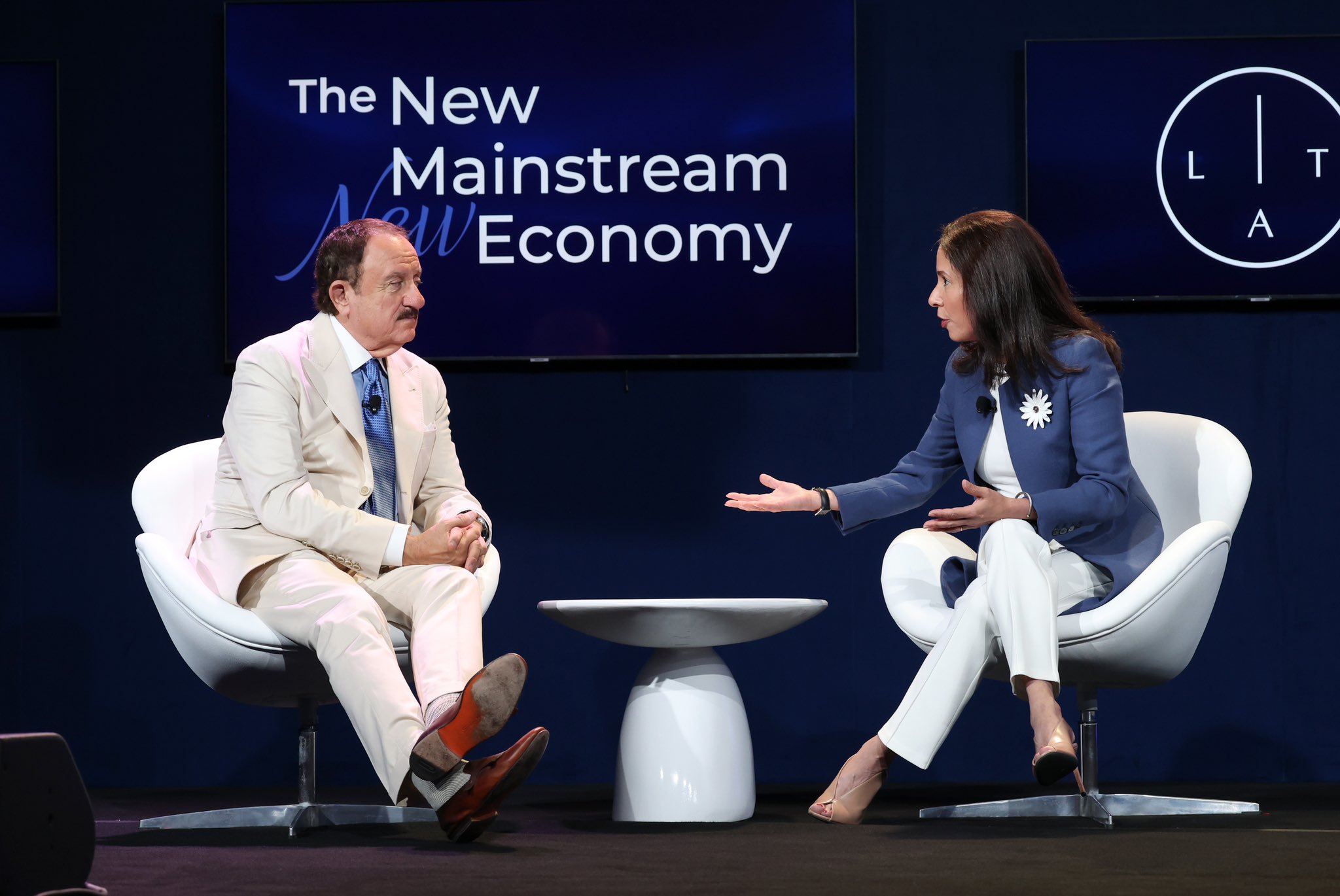

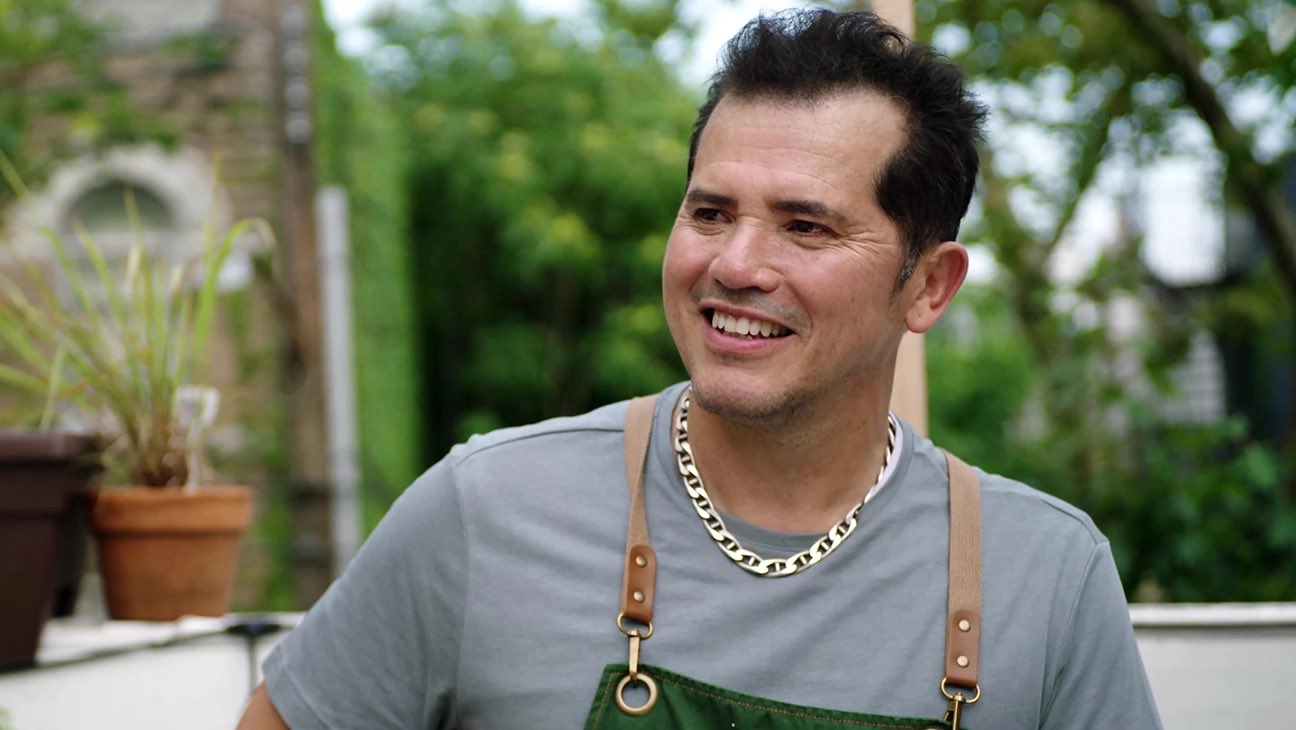
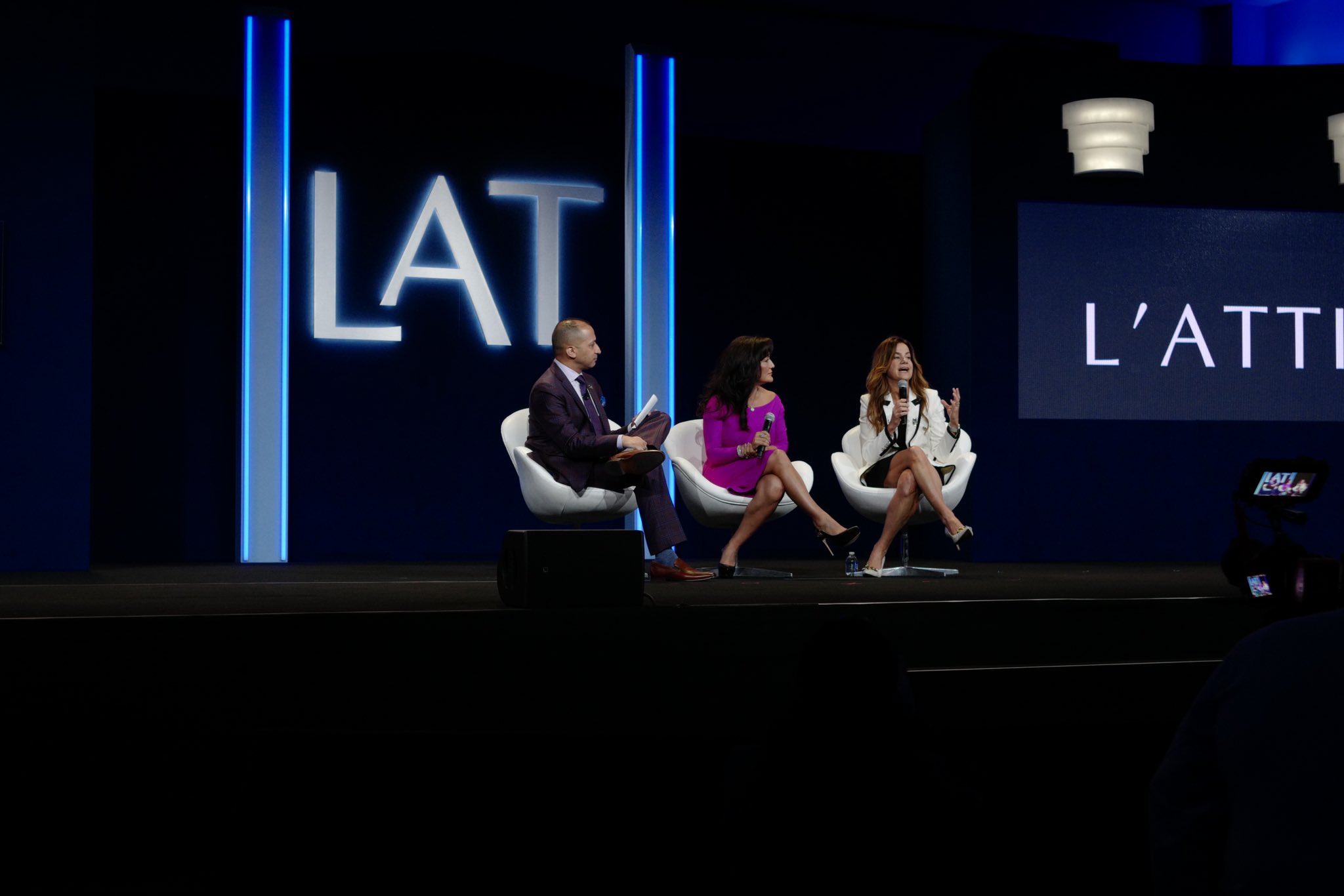
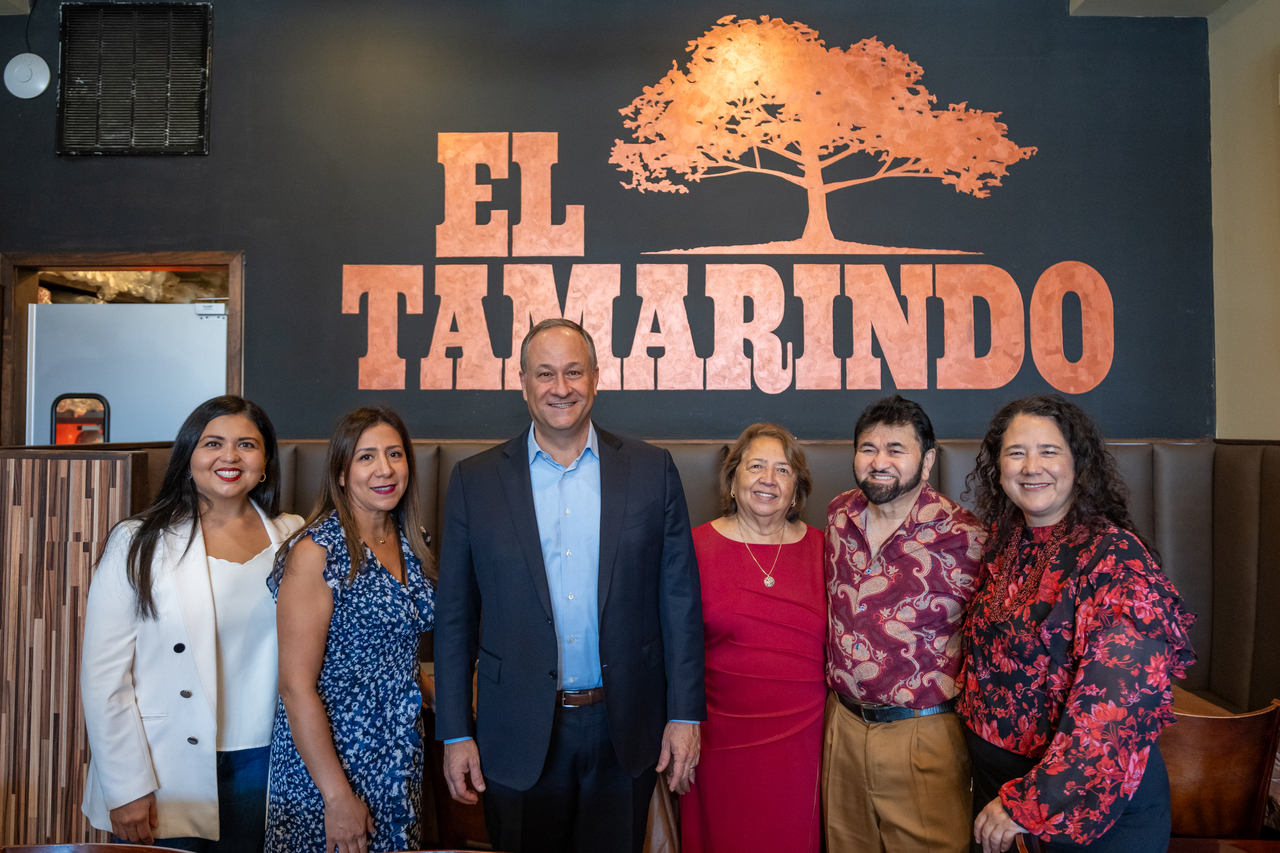
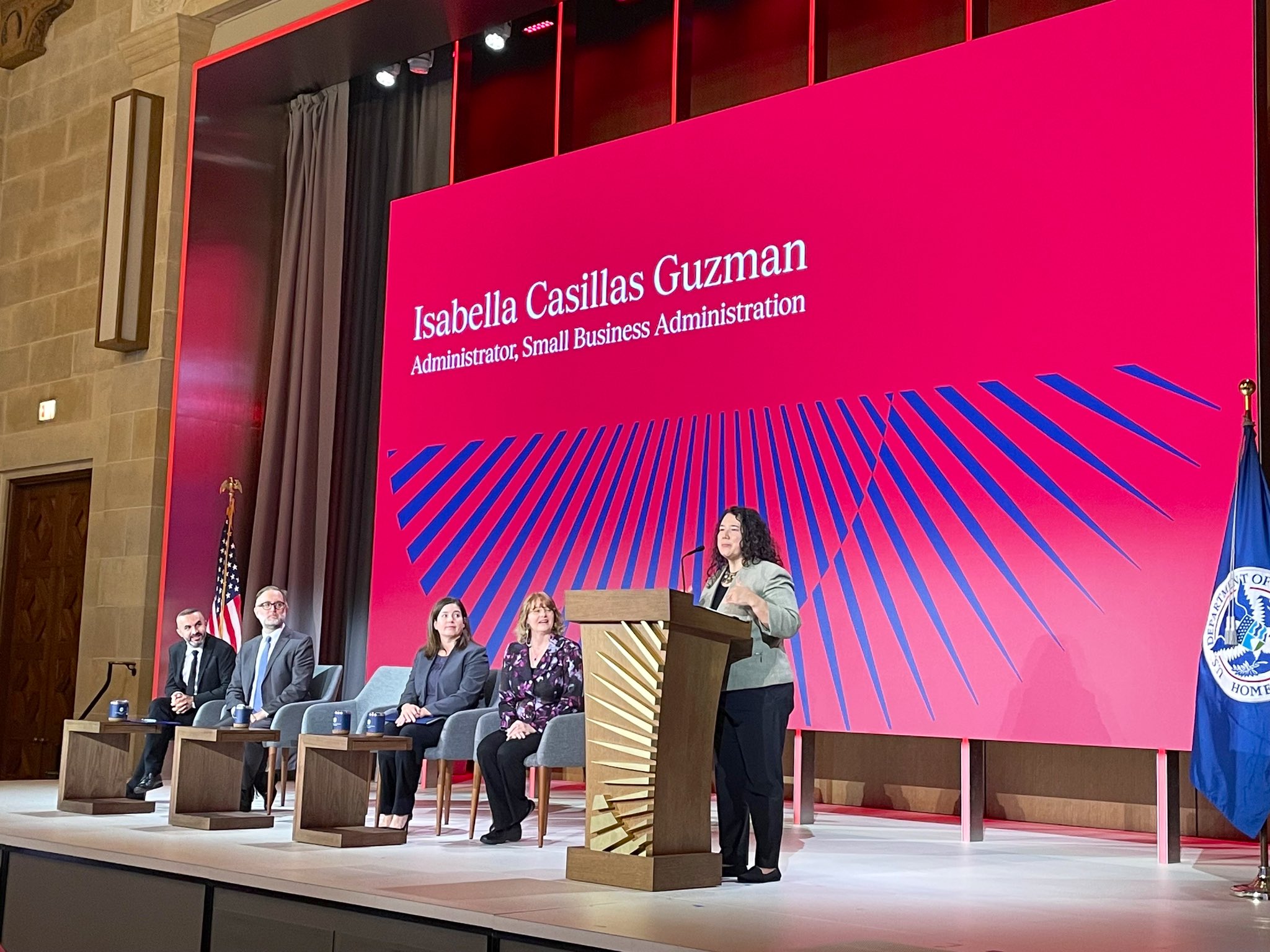
LEAVE A COMMENT:
Join the discussion! Leave a comment.